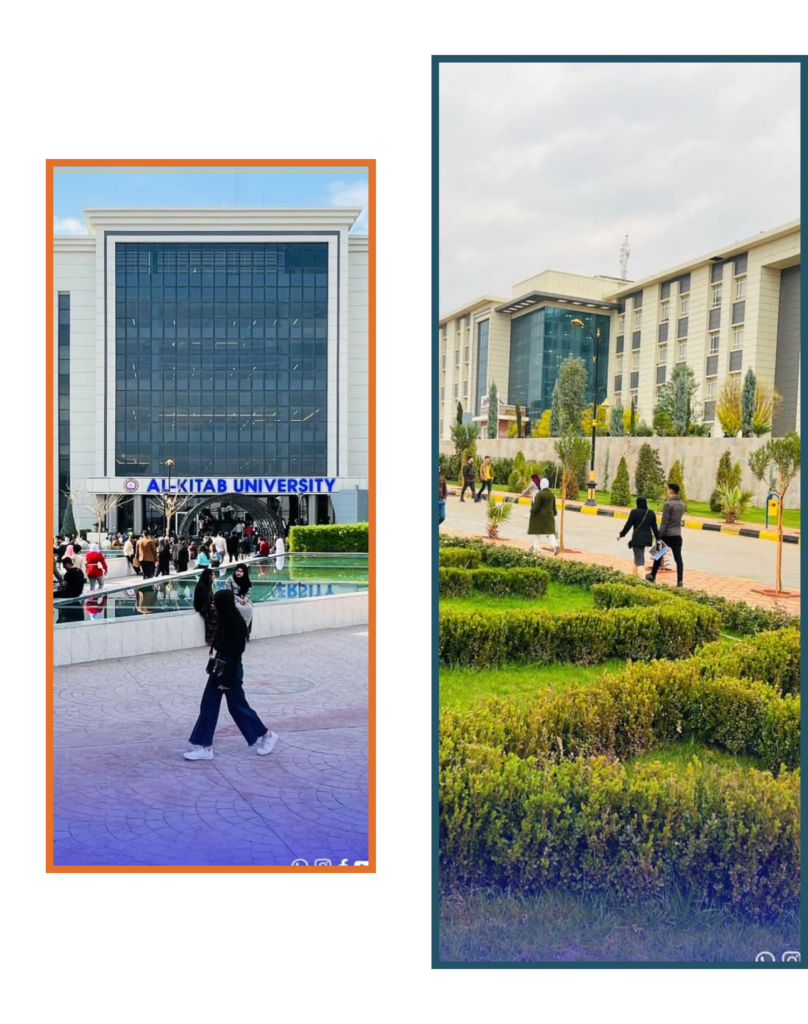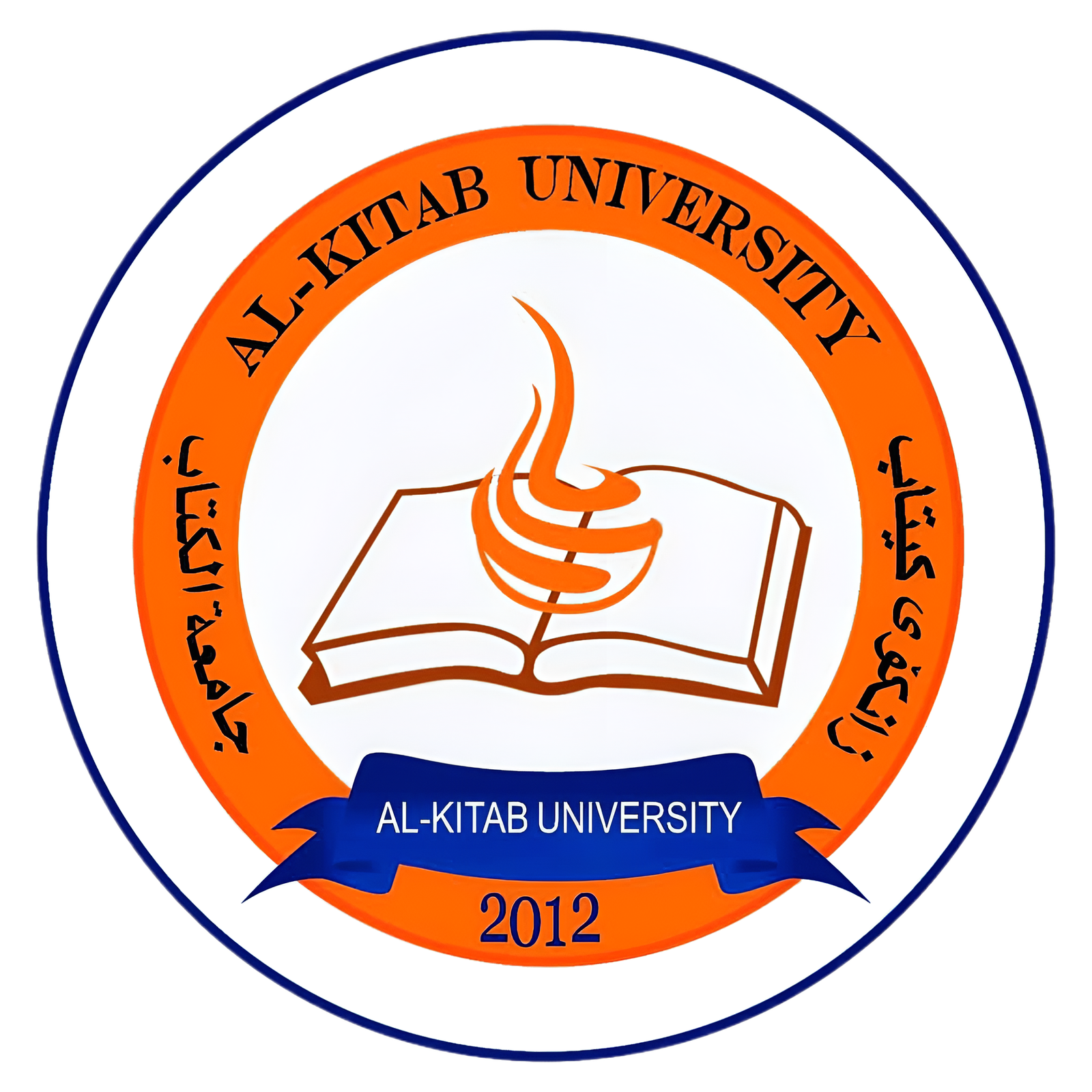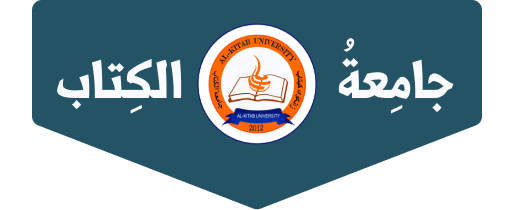al-kitab university
About Us
about the University
Al-Kitab University was established as a university college in 2012, initially offering three departments: Computer Engineering, Law, and Financial Sciences and Banking, following approval from the Ministry of Higher Education and Scientific Research (ref. no. 1655, dated 26 March 2013). On 29 August 2018, the institution was officially elevated to Al-Kitab University, expanding to include various new colleges, such as Dentistry, Pharmacy, Administrative and Financial Sciences, Engineering, Education, Medical Techniques, Engineering Techniques, Law, and Nursing, under the approval of the Ministry (ref. no. 10616).
Located in Alton-Kopri, Kirkuk Governorate, Al-Kitab University now consists of 12 colleges and 35 departments. The campus features 200 lecture halls, 160 laboratories, a teaching hospital, student and faculty dormitories, two sports fields, indoor sports facilities, restaurants, a swimming pool, a conference hall, a mosque, and green spaces. With 16,000 students and 600 academic staff, the university is a member of the Association of Arab Universities and has partnerships with both local and international universities.

- About Us
- Vision
- goals
The University was founded in 2012 under the approval of the Ministry of Higher Education and Scientific Research with its letter C / 1655 on 26/3/2013.
Al-Kitab University (Altoun kopri – Kirkuk) is considered today the icon of the private university education in Iraq. From its establishment in 2012, it has adopted a scientific research method based on advanced educational technology applying a global educational system as an accredited logo, which meets the ever-growing needs of the labour market to academically qualified and competent cadre. This is accompanied by professional skills to ensure obtaining job opportunities in a market where competition is increasingly fierce day after day.
The agenda of Al-Kitab University has always focused on being a contributing factor in enriching the society and developing it to adopt a clear and strict strategy in the service of society.
Knowledge development in the field of scientific research and achieve lasting competition and creativity to be one of the leading universities in Iraq, Middle east and the world. Aspiring to play a distinctive role in cooperation and international exchange in education and scientific research.
Creating an educational environment suitable for students of all ages and adopting programmes of international quality in the various fields of science and knowledge.


